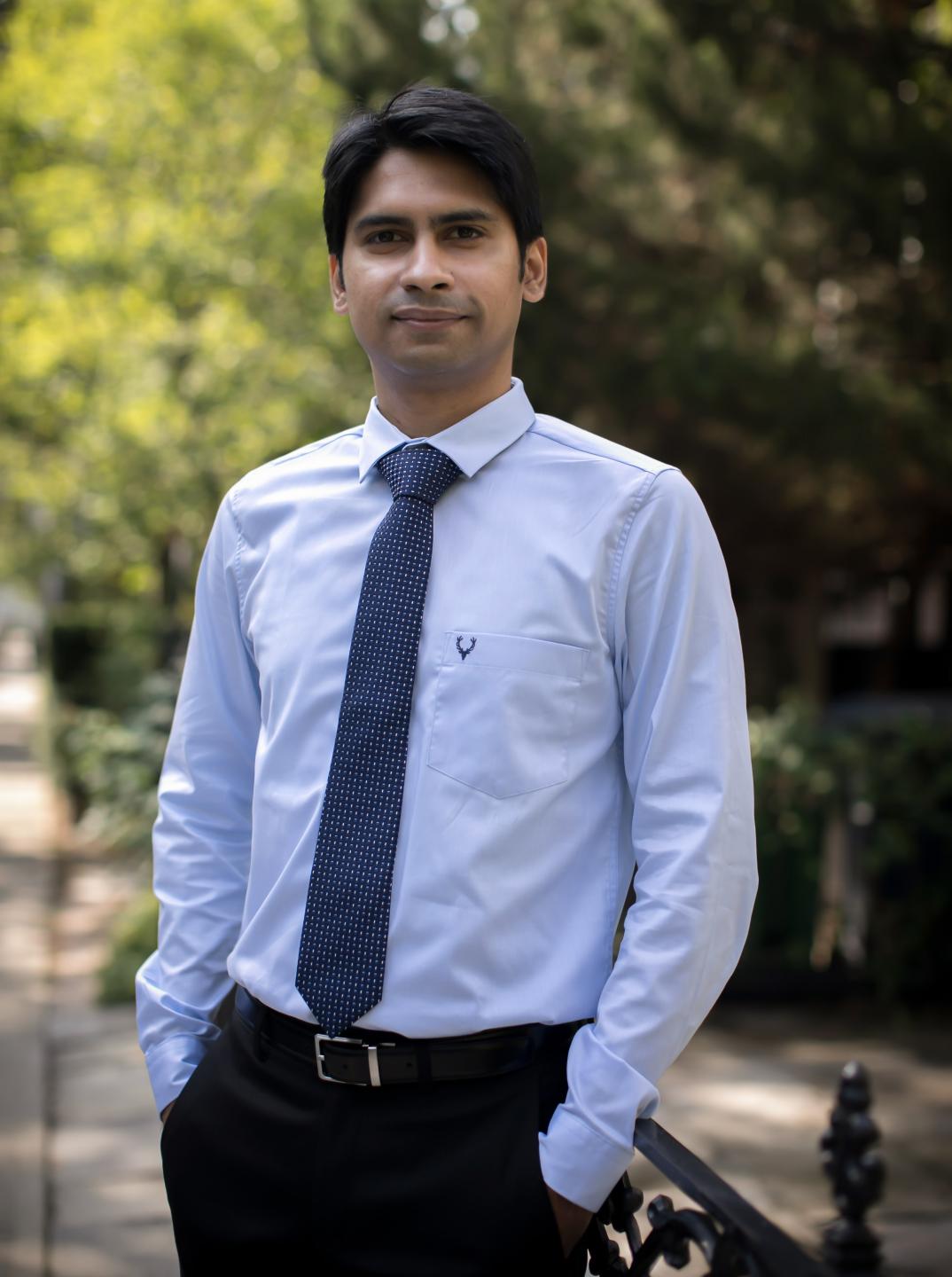What does your research focus on?
My current book project is an experiment in film and media historiography from the Global South. It focuses on a social history of screenwriting from the period of 1930 to 1960, and fundamentally departs from any prescriptive knowledge of this intermedial practice derived from popular Western screenwriting manuals.
Deploying the lack of scripting materials in Indian film archives as a heuristic rather than a hindrance, I try to expand the epistemological scope of screenwriting beyond best practices and incorporate untold histories of decolonization, nature-culture divide, language, literacy, unemployment and unionization that were inseparable from practices of screenwriting in South Asia.

How (or why) did you become interested in that line of research?
I have been trained in film studies within English literature departments at the undergraduate and postgraduate level, which is why my research on screenwriting tries to bring the intermedial worlds of film and literary culture together. My doctoral training in SOAS, a prominent institution for area studies, encouraged me to take South Asian specificities more seriously and develop a decolonial perspective on archives, practices and knowledge production.
What’s the most interesting (or underappreciated) aspect of your research that most people won’t know about?
So far most people have appreciated my research in various ways, but one of the broader challenges perhaps has been to make people recognize how critical knowledge production from the Global South is a theoretical mode of research too. Our limited understanding of what shapes “theory” in the humanities is often a question of whether a project is Foucauldian, Deleuzian or some such in any faithful way, even if it constitutes an uncritical ex-situ application of ideas and contributes to uneven power relations in the geopolitics of knowledge production. Why is reading and citing Arendt considered a theoretical form of engagement and not Ambedkar? For me, this is a rather narrow and exclusive definition of ‘Theory’ that relies far too much on Western philosophy for its intellectual and institutional sustenance.
I like to imagine my project as both historiographic and theoretical despite making situated claims about film and media from the South Asian context, and building largely upon ideas from the rich and growing body of scholarship on media and culture in the Global South.
Why did you choose UTSC?
I’d like to think UTSC chose me! It’s such a wonderful campus that fosters a deep sense of intellectual community and camaraderie across departments. UTSC also caters to a diverse body of students, which always leads to a pluriversal environment of learning, discussion and engagement. My new colleagues in the English department have been extremely supportive, and I’m looking forward very much to working with them closely.
What are you reading/watching right now?
I’m currently reading two brilliant books on colonialism, Lisa Lowe’s The Intimacies of Four Continents and Olúfẹ́mi O. Táíwò’s Reconsidering Reparations, in preparation for my winter term courses on Cinema and Migration (ENGC84H3) and Cinema and Colonialism (ENGB77H3).
Within my field of research, I’m learning immensely from Samhita Sunya’s fascinating book, Sirens of Modernity: World Cinema via Bombay, on the transnational travels of Indian popular cinema across many parts of the Global South and Eastern Europe in the 1960s.
Also, since I did not have access to the Criterion Channel before I recently moved to North America, I’m currently bingeing on their fantastic collection. The last film I watched there was the recently restored version of Sarah Maldoror’s Sambizanga.